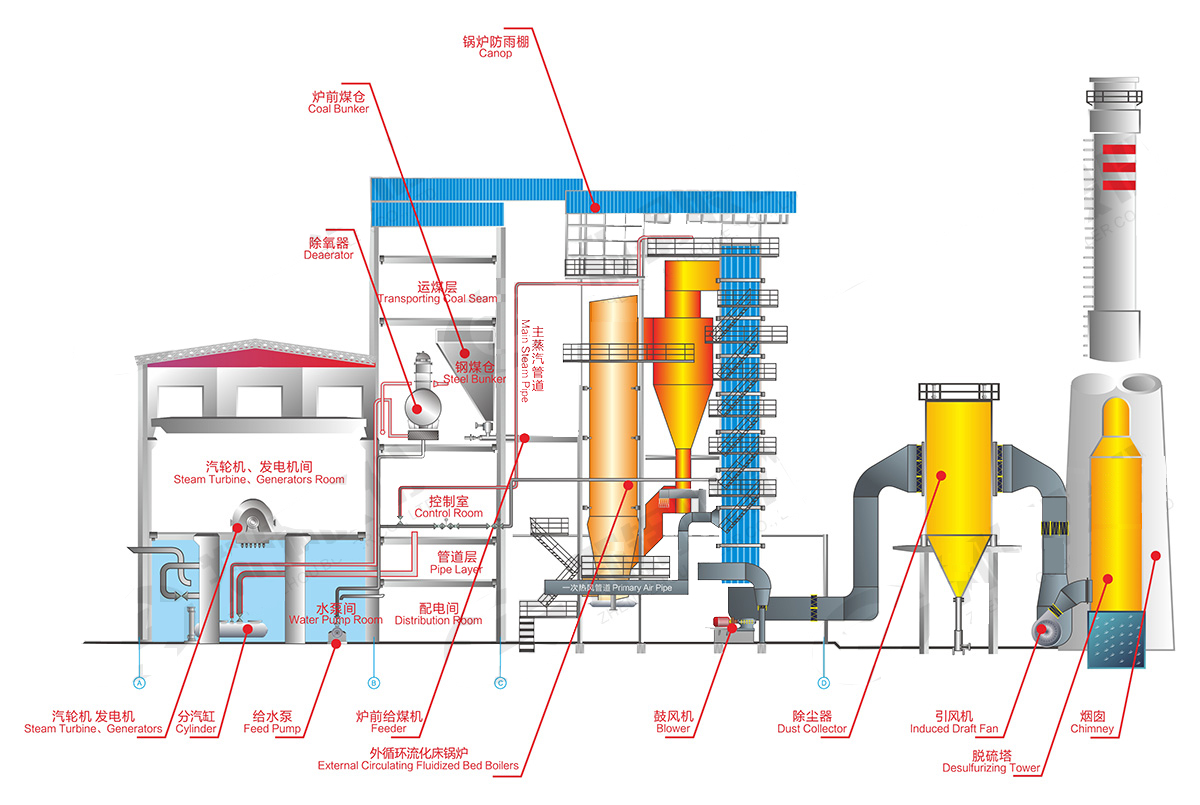Trends Shaping Manufacturing’s Future Through Innovations in CNC Milling Services

The manufacturing industry has witnessed a transformative evolution over the past few decades, largely driven by advancements in technology. One of the core processes that has experienced significant innovation is CNC milling services. These services have become essential for producing highly precise and complex parts across various industries, including automotive, aerospace, medical, and electronics. As the demand for faster, more accurate, and cost-effective manufacturing grows, CNC milling continues to evolve with new trends and technologies that promise to reshape the future of manufacturing.
The Rise of Smart CNC Milling Machines
One of the most impactful trends in CNC milling services is the integration of smart technologies and automation. Smart CNC milling machines are equipped with sensors and IoT (Internet of Things) capabilities that enable real-time data collection and monitoring. This allows operators and engineers to track machine performance, detect anomalies, and predict maintenance needs before failures occur. Predictive maintenance reduces downtime, improves efficiency, and lowers operational costs.
Furthermore, smart CNC machines use artificial intelligence (AI) and machine learning algorithms to optimize milling parameters. By analyzing vast amounts of data, these machines can automatically adjust cutting speeds, feeds, and tool paths to maximize precision and extend tool life. This not only enhances the quality of the finished product but also streamlines the manufacturing process, allowing for quicker turnaround times.
Additive Manufacturing and Hybrid CNC Milling
Additive manufacturing, commonly known as 3D printing, is revolutionizing the production landscape by enabling the creation of complex geometries that were once impossible or too expensive to produce with traditional subtractive methods. The combination of additive manufacturing with CNC milling services is leading to the development of hybrid machines capable of both additive and subtractive processes.
Hybrid CNC milling machines first build up a rough shape by layering material, then refine the part using precise milling operations. This synergy allows manufacturers to achieve exceptional detail and surface finish while minimizing material waste and production time. Such hybrid systems are particularly beneficial for producing prototypes, aerospace components, and custom medical implants, where both complexity and accuracy are crucial.
Advanced Materials and CNC Milling Adaptations
The demand for advanced materials with superior properties—such as lightweight composites, high-strength alloys, and heat-resistant ceramics—is increasing across many sectors. These materials pose challenges for conventional machining due to their hardness, abrasiveness, or thermal sensitivity.
Innovations in CNC milling services now include specialized tooling and machining strategies tailored to these difficult-to-machine materials. For example, diamond-coated and carbide tools provide enhanced durability and cutting performance when working with composites or titanium alloys. Additionally, manufacturers are employing high-speed milling techniques and optimized coolant delivery systems to reduce heat buildup and improve surface integrity.
These advancements not only enable the efficient machining of advanced materials but also open new possibilities for product design and functionality, allowing manufacturers to meet stricter performance standards and reduce product weight.
Enhanced Software and Simulation Capabilities
Software plays a crucial role in CNC milling services by enabling precise programming, simulation, and process planning. Modern CAD/CAM software solutions are increasingly sophisticated, offering features like automated toolpath generation, collision detection, and real-time process simulation.
The use of virtual machining simulations allows engineers to visualize the entire milling process before actual production begins. This helps in identifying potential issues such as tool collisions, excessive tool wear, or suboptimal cutting strategies. By refining the process in a virtual environment, manufacturers reduce trial-and-error cycles, save costs, and shorten production lead times.
Moreover, cloud-based software platforms facilitate collaboration among design, engineering, and manufacturing teams, regardless of their geographic location. This connectivity streamlines communication and accelerates decision-making, supporting the agile manufacturing approaches needed in today’s competitive markets.
Automation and Robotics Integration
Automation is transforming CNC milling services by increasing production capacity while maintaining or improving quality. Robotic arms and automated material handling systems are commonly integrated with CNC milling machines to automate loading, unloading, and tool changes.
Such automation minimizes human intervention, reduces the risk of errors, and enables continuous, 24/7 operation. For manufacturers, this translates into higher throughput, consistent quality, and reduced labor costs. Additionally, automation improves workplace safety by handling heavy or hazardous materials, allowing operators to focus on supervision and quality control.
Collaborative robots, or cobots, are also being introduced to work alongside human operators. These machines assist with repetitive or precise tasks, augmenting human capabilities without replacing them. The combination of robotics and CNC milling services is thus fostering a more efficient and flexible manufacturing environment.
Sustainability and Green Manufacturing Practices
Sustainability is becoming a key consideration in the manufacturing industry, and CNC milling services are adapting accordingly. Innovations aimed at reducing energy consumption, minimizing material waste, and promoting recycling are gaining traction.
For example, advancements in high-efficiency motors and energy management systems help reduce the power consumption of CNC milling machines. Process optimizations such as minimum quantity lubrication (MQL) reduce coolant usage and environmental impact. Moreover, recycling programs for used tools and scrap materials contribute to circular manufacturing practices.
Manufacturers increasingly prioritize sustainable sourcing of raw materials and design for manufacturability, which includes selecting materials and processes that minimize environmental impact. These efforts align with growing regulatory requirements and customer demand for eco-friendly products.
The Role of 5G and Edge Computing
Emerging communication technologies such as 5G and edge computing are poised to further revolutionize CNC milling services. The ultra-fast, low-latency connections enabled by 5G networks support real-time data exchange between machines, cloud systems, and control centers.
Edge computing allows data processing to happen closer to the CNC milling machines, reducing the dependence on cloud servers and improving response times for critical control and monitoring functions. Together, these technologies enable highly responsive, distributed manufacturing networks where multiple CNC milling centers can coordinate seamlessly.
This connectivity also supports advanced analytics, remote monitoring, and even augmented reality (AR)-based maintenance and training, enhancing overall productivity and workforce capabilities.
Customization and On-Demand Manufacturing
Customer expectations are shifting towards greater product customization and faster delivery times. CNC milling services are uniquely positioned to meet these demands because of their flexibility and precision.
With innovations in digital design and manufacturing workflows, companies can now offer personalized products at scale. Digital twins and parametric designs allow easy adjustments to product features without retooling. Combined with rapid CNC milling capabilities, this enables on-demand production runs that reduce inventory costs and improve responsiveness.
This trend supports the rise of mass customization, where customers receive products tailored to their specific needs without sacrificing quality or affordability.
Conclusion
The future of manufacturing is being shaped by continuous innovations in CNC milling services. From smart and hybrid machines to advanced materials, software enhancements, automation, and sustainability efforts, these trends are driving improvements in efficiency, quality, and flexibility.

